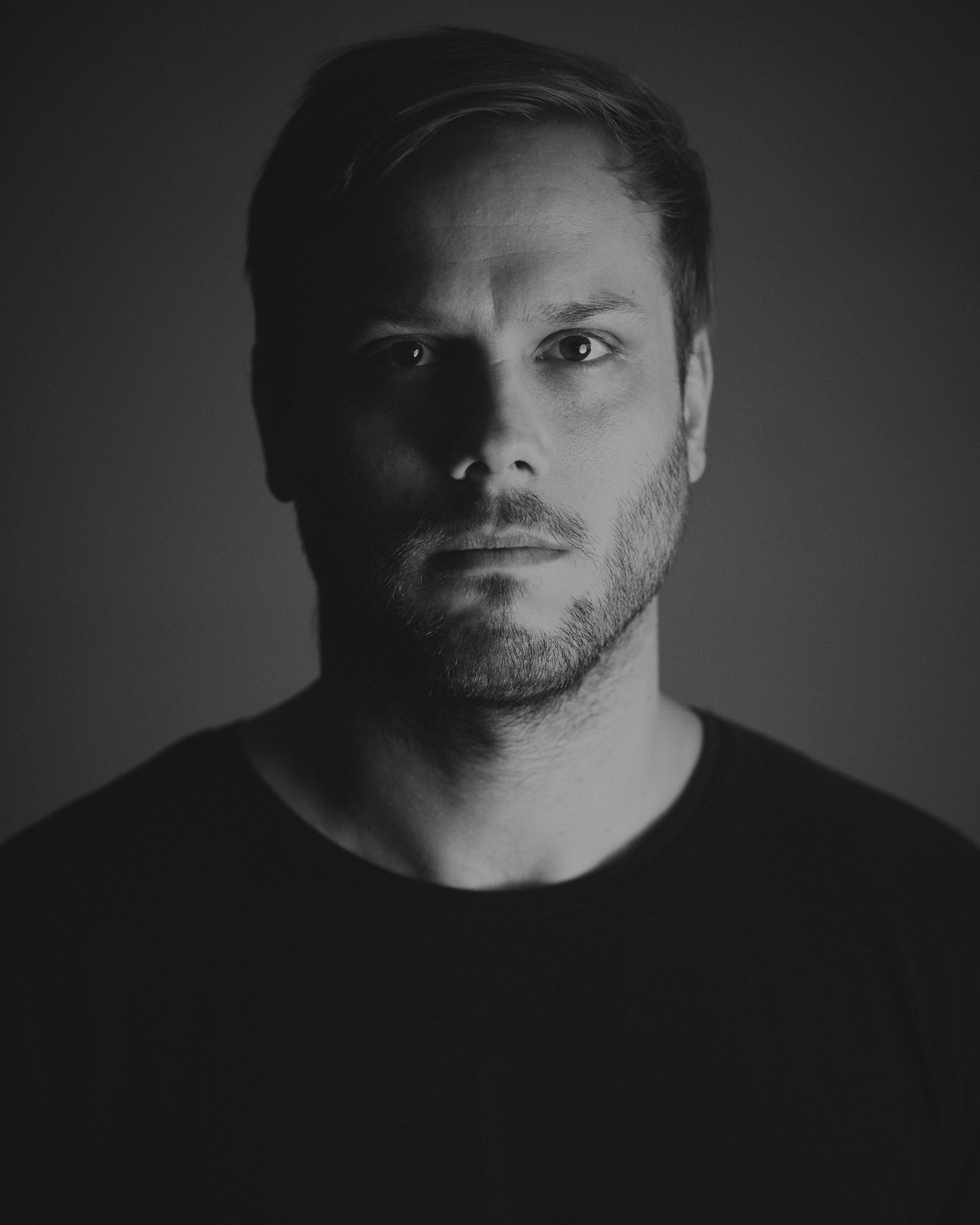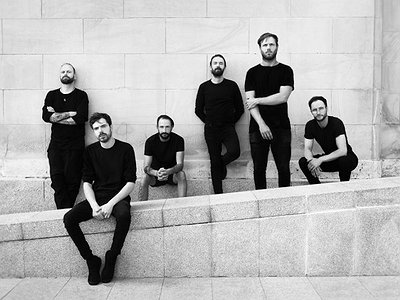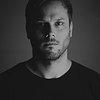Name: The Ocean
Members: Robin Staps (guitar, programming, backing vocals), Loïc Rossetti (lead vocals), Paul Seidel (drums, backing vocals), Mattias Hägerstrand (bass), David Ramis Åhfeldt (guitar), Peter Voightmann (synths)
Interviewee: David Ramis Åhfeldt
Nationality: German (Robin Staps, Paul Seidel, Peter Voightmann), Swiss (Loïc Rossetti), Swedish (Mattias Hägerstrand, David Ramis Åhfeldt)
Current release: The Ocean's new single "Subatlantic" is out now via Pelagic. It is the fourth teaser of their upcoming full-length Holocene, slated for release on May 19th 2023. Pre-order here.
If you enjoyed this The Ocean interview and would like to know more about the band and their music, visit their official website. The group is also on Instagram, and Facebook.
Where does the impulse to create something come from for you? What role do often-quoted sources of inspiration like dreams, other forms of art, personal relationships, politics etc play?
I always a have the constant need to create. That need is my main source of inspiration. It just feels wrong when I am doing nothing, it’s like a part of me is missing, like if I don’t belong.
Another big source of inspiration is to be around my guys in The Ocean. They all inspire me in a lot of different ways not only musically but also on a personal level. Being around them makes a better version of myself. I always looked to find people like that, people that I can look up for, be inspired by.
We also spend so much time together, we’ve travelled the world and experienced the most intense things that we will remember forever.
For you to get started, do there need to be concrete ideas – or what some have called a 'visualisation' of the finished work? What does the balance between planning and chance look like for you?
To me, most of the time, everything starts with just sitting and jamming with my guitar until an idea pops up. If that idea resonates with me emotionally then that's the moment when I start trying to develop it.
Starting is always the easy part, the harder part at least for me is to put that one idea into a song that resonates the same way as it did at the very beginning of the process.
That’s also why having unfinished work is not something that frustrate me or bothers me. Quite the opposite, I embrace it, as I believe that every idea counts, and every attempt to make a song helps you to get where you want to be as a songwriter.
Is there a preparation phase for your process? Do you require your tools to be laid out in a particular way, for example, do you need to do 'research' or create 'early versions'?
There is no previous preparation when it comes to writing music. I like to work in the most organic way, in a simple manner. Normally I like to work with my acoustic guitar or even singing whatever I have in my head and record it on my phone.
In order to evaluate if the initial idea has the potential to become a song, it is important to me that the idea can follow up with the next part. Normally having the verse and chorus well connected is a great foundation to write the song.
Do you have certain rituals to get you into the right mindset for creating? What role do certain foods or stimulants like coffee, lighting, scents, exercise or reading poetry play?
Not really. To me there is no other way than putting the work and time into writing.
Creativity is a muscle you need train constantly, it is not like you wake up, read or smoke something and an amazing idea will come up out of the blue. At least to me the mindset for creating comes from the constant need to create.
What do you start with? How difficult is that first line of text, the first note?
There is not one way to get the writing process started. For me it can start from having an idea in your head, jamming with other people or jamming on your own. Sometimes you will end up with one idea that doesn’t lead you anywhere but that’s why I believe that recording to yourself as much as possible can have great benefits to your songwriting.
Listening to your ideas at different moments or in different mindsets can really help you to give a new perspective to something that you initially thought would lead nowhere.
David Ramis Åhfeldt of The Ocean Interview Image by Simon Kallas
When do the lyrics enter the picture? Where do they come from? Do lyrics need to grow together with the music or can they emerge from a place of their own?
When working on lyrics, they typically come in as the final step in my songwriting process.
Before focusing on the words, I prioritize working out vocal lines and melodies. As a non-singer I like to think of the vocals as another instrument. That's why I sometimes write the vocal melodies in MIDI first, followed by incorporating the lyrics.
Another approach is to sign along and improvise with random words allowing for more freedom in developing melodies without being limited by the words. This approach helps to keep the creative process flowing smoothly.
What makes lyrics good in your opinion? What are your own ambitions and challenges in this regard?
In my opinion, good lyrics are those that resonate with listeners on an emotional level. When paired with exceptional music, they create the perfect combination.
While there is no right approach to writing lyrics, my personal goal or what I try to achieve as a songwriter, is to get the maximum outcome with the minimal amount of information.
In other words, the more efficient and direct I can be with the message or emotion that I try to transmit to the listener, the more effective the lyrics and music become.
Often, while writing, new ideas and alternative roads will open themselves up, pulling and pushing the creator in a different direction. Does this happen to you, too, and how do you deal with it? What do you do with these ideas?
Yes, absolutely. This is one of the things that makes songwriting a magical process, when you begin with a simple idea in your head, and you start that journey of exploration and it leads to a place you never would have imagined. It’s one of greatest feeling you can have a songwriter.
On the other hand, it is easy to get lost. Therefore one of the things that I normally do is try to experiment with multiple versions of a song. This approach helps me explore the potential of each idea without limiting my creating process.
Once a piece is finished, how important is it for you to let it lie and evaluate it later on? How much improvement and refinement do you personally allow until you're satisfied with a piece? What does this process look like in practise?
It’s nice to give time to ideas you have worked on regardless how developed they are. Listening to them with fresh ears can give you a significantly different perspective on that idea.
The time frame doesn’t necessarily have to be long, I personally like to listen to whatever I have been working on the previous day first thing in the morning. That first reaction is truly valuable to evaluate if that idea speaks to me or not or if feels the same way as when I was working on it.





